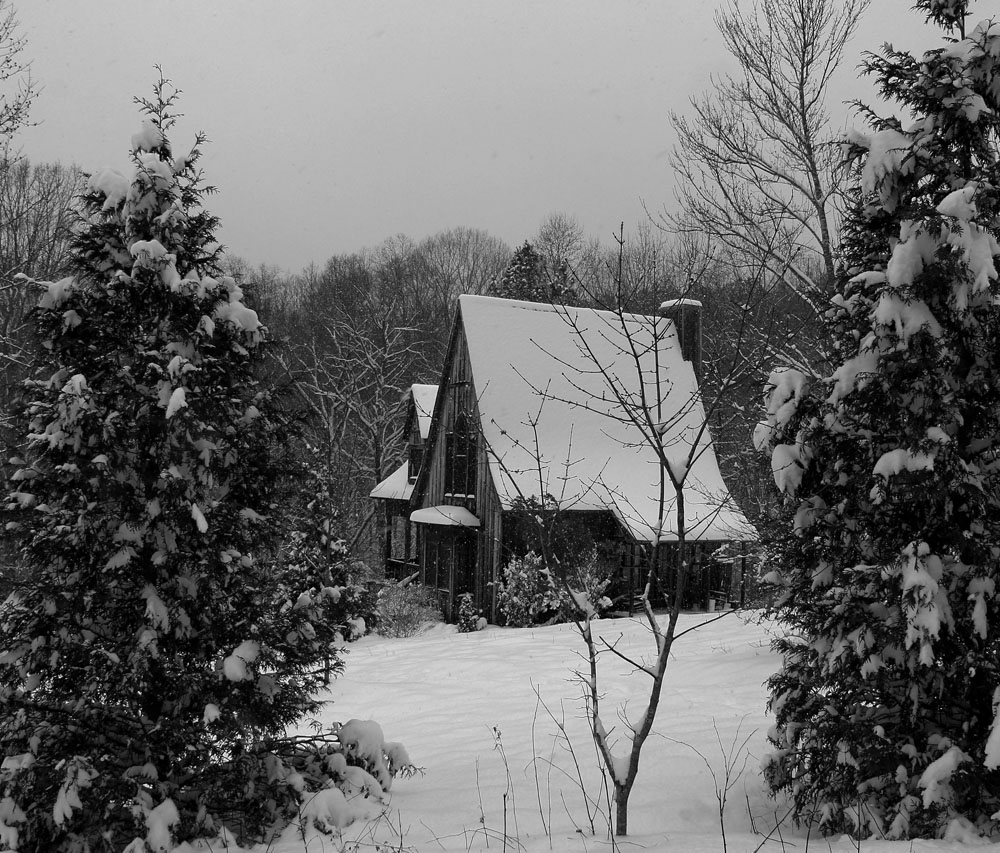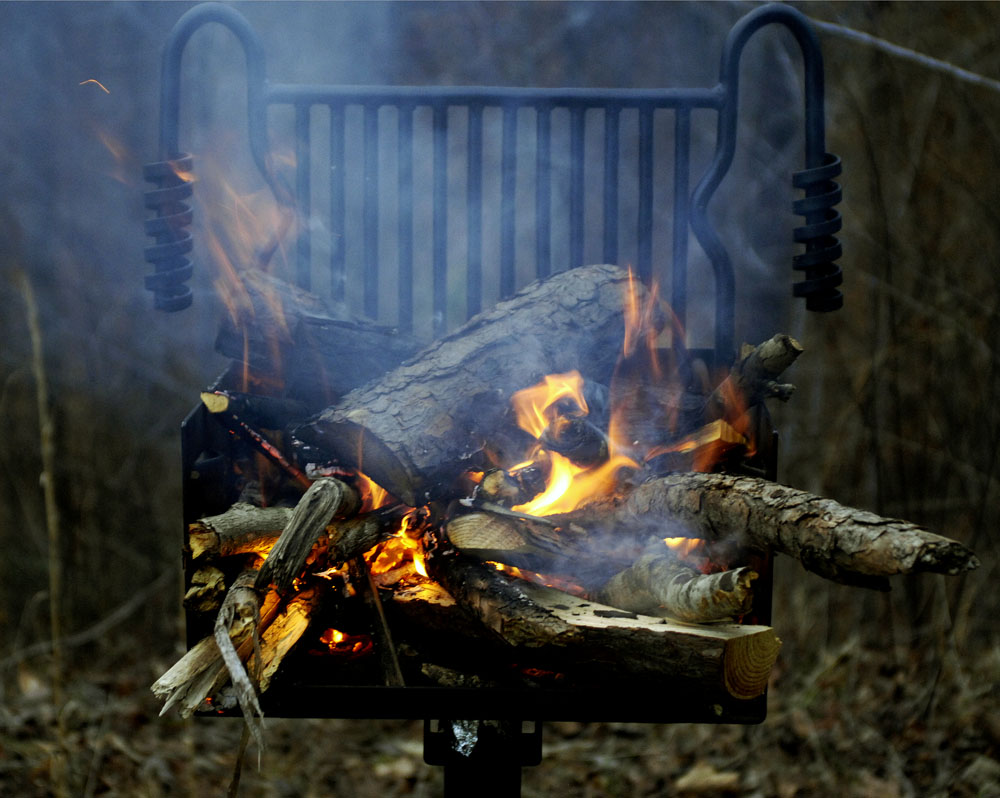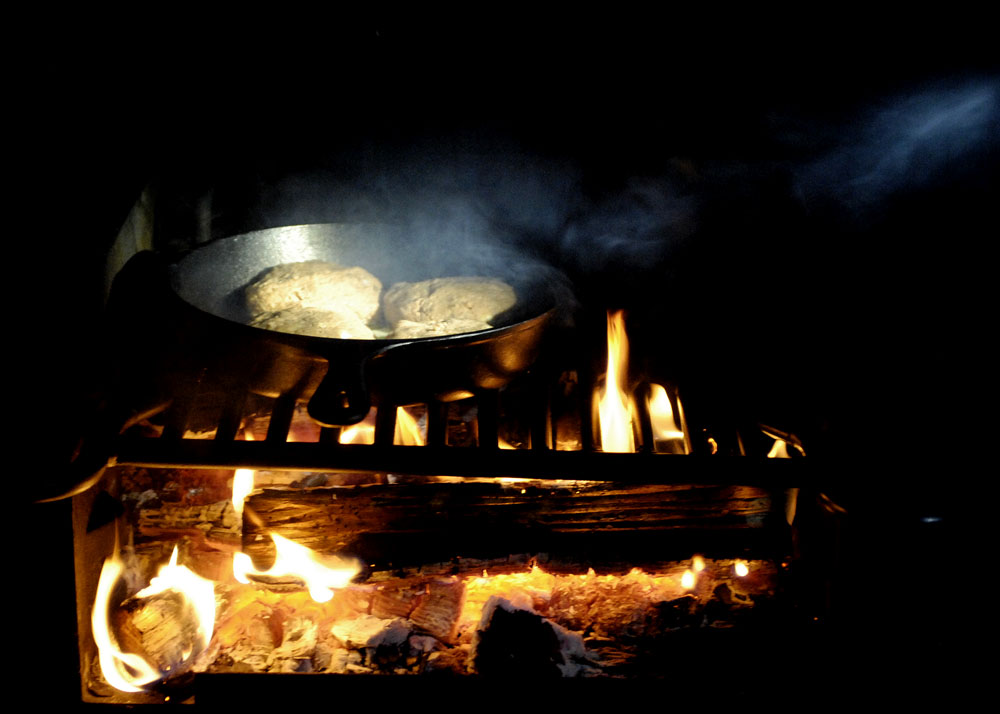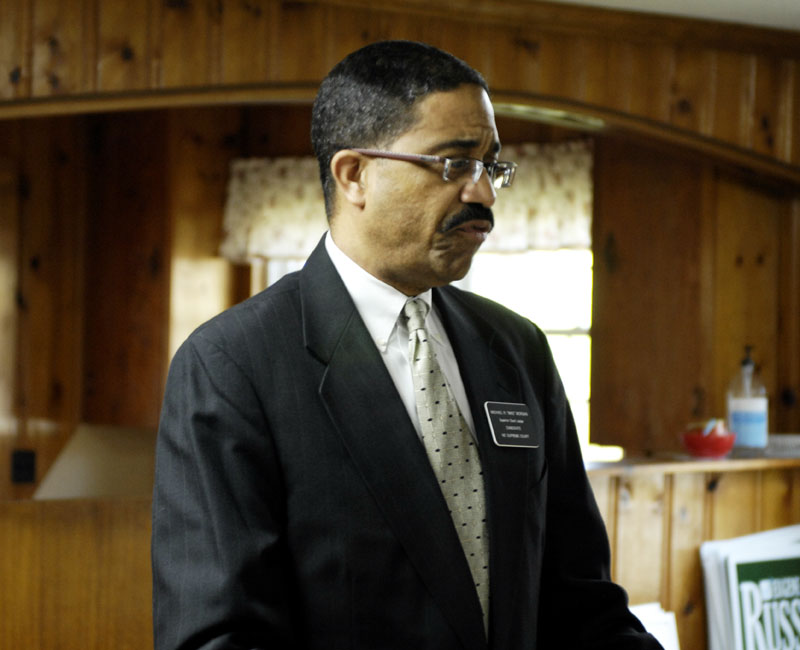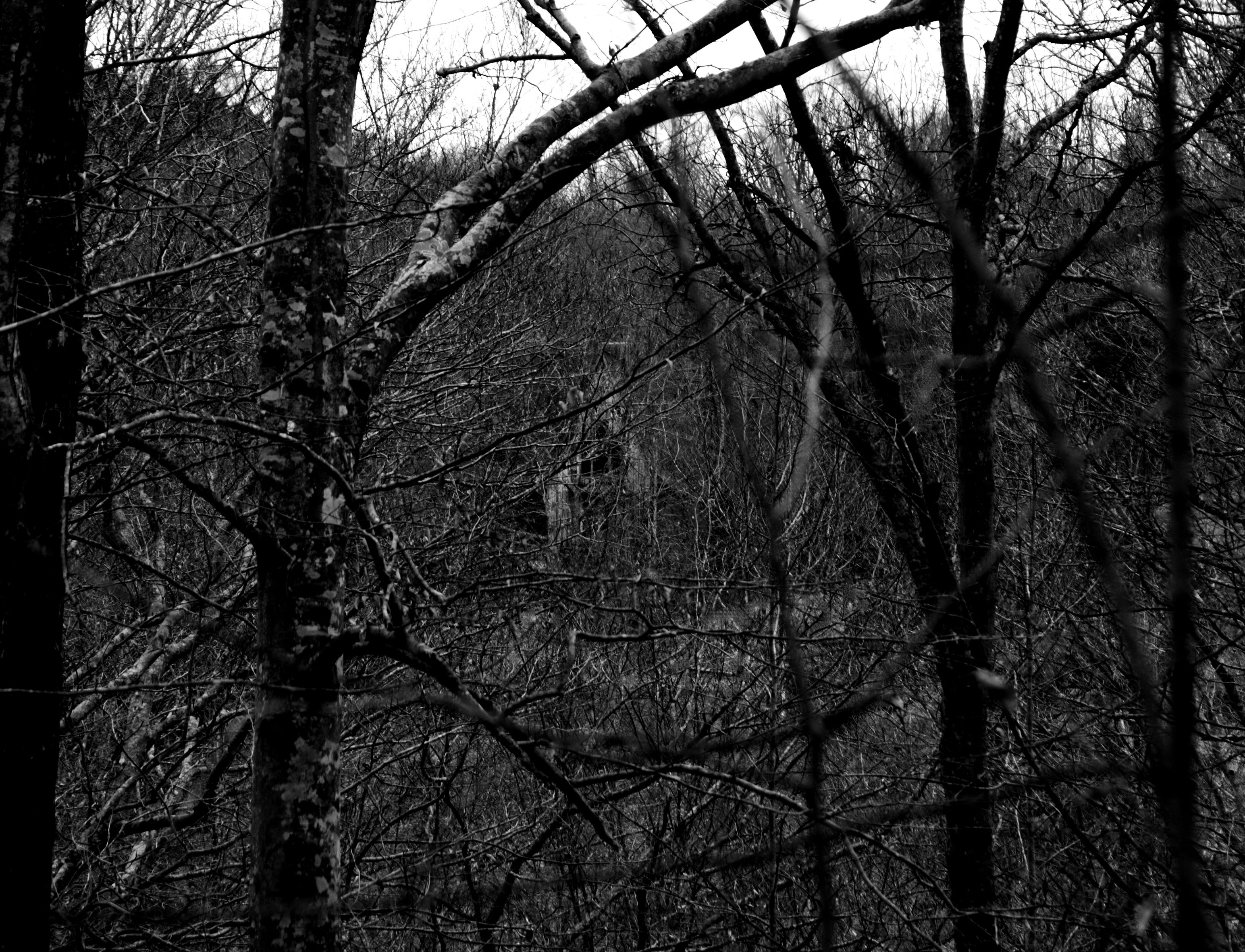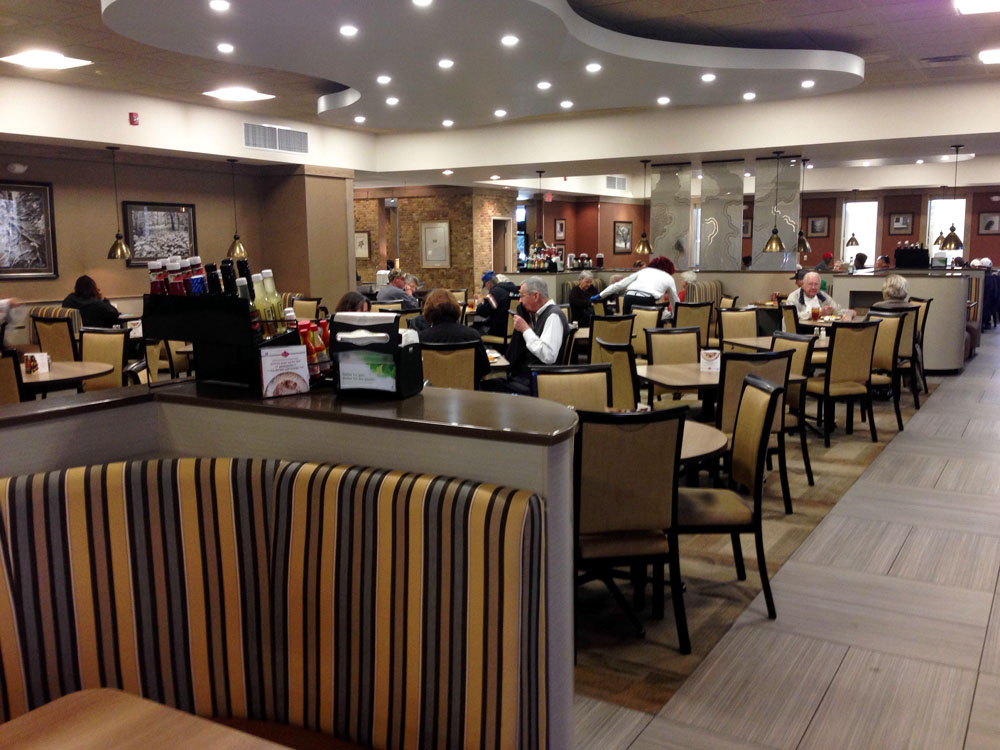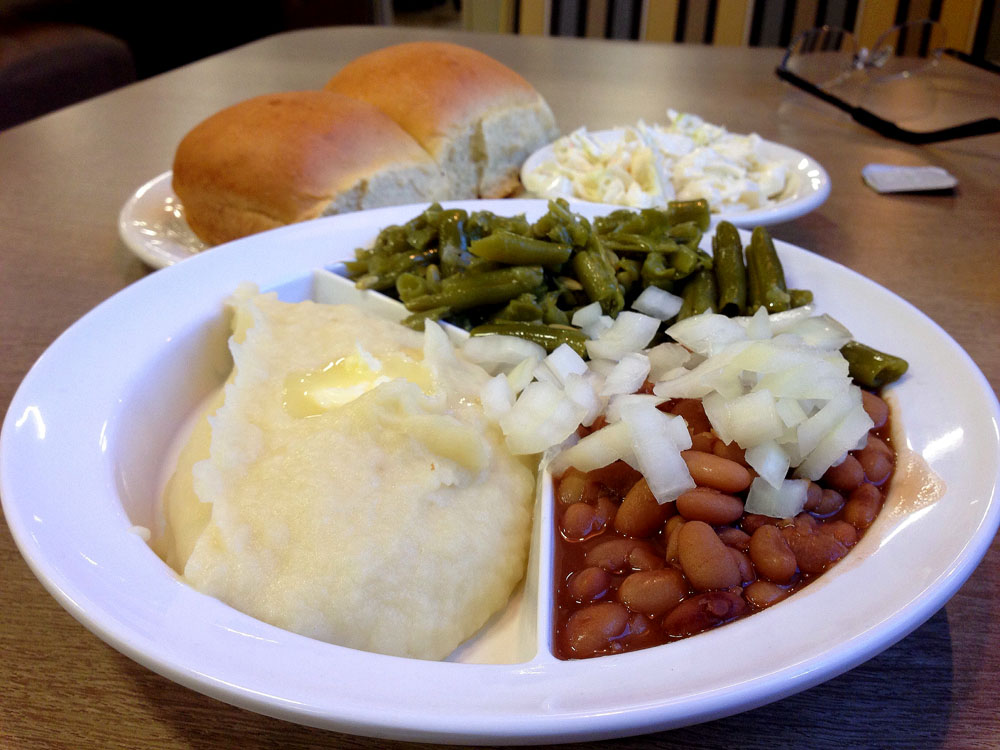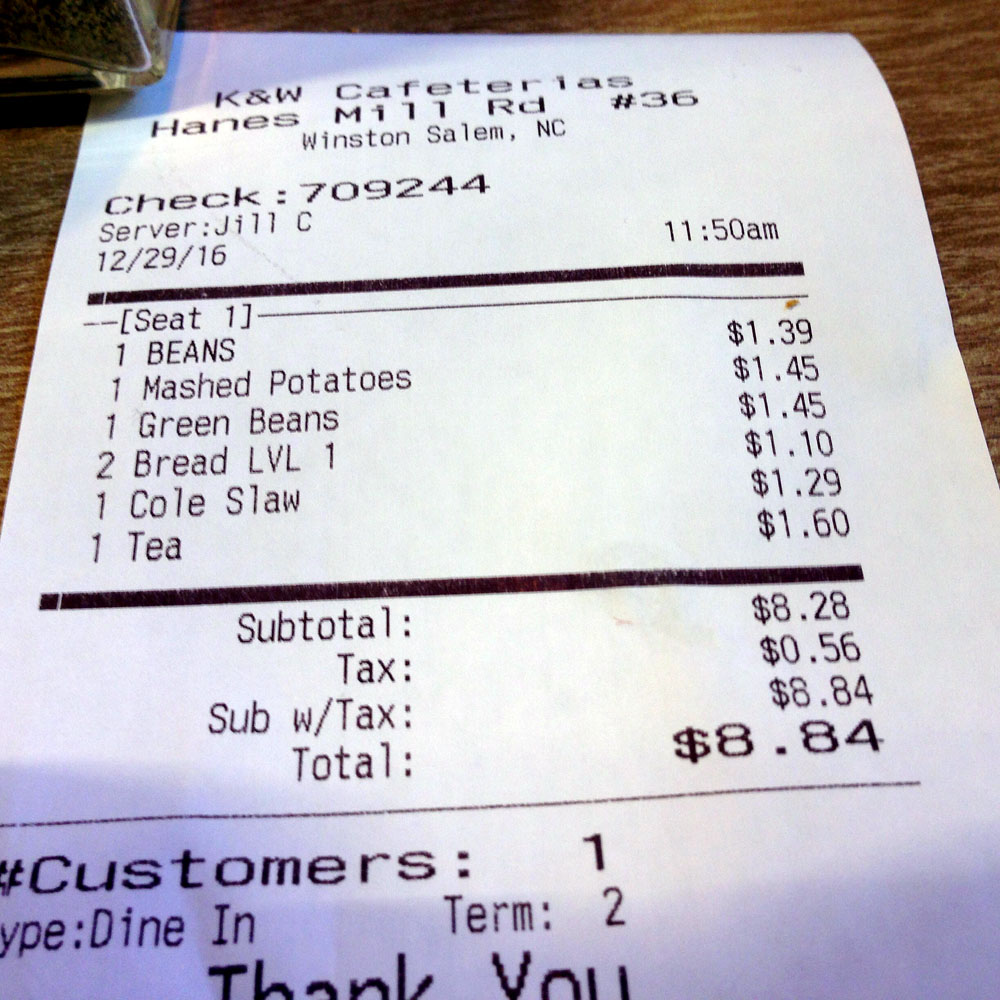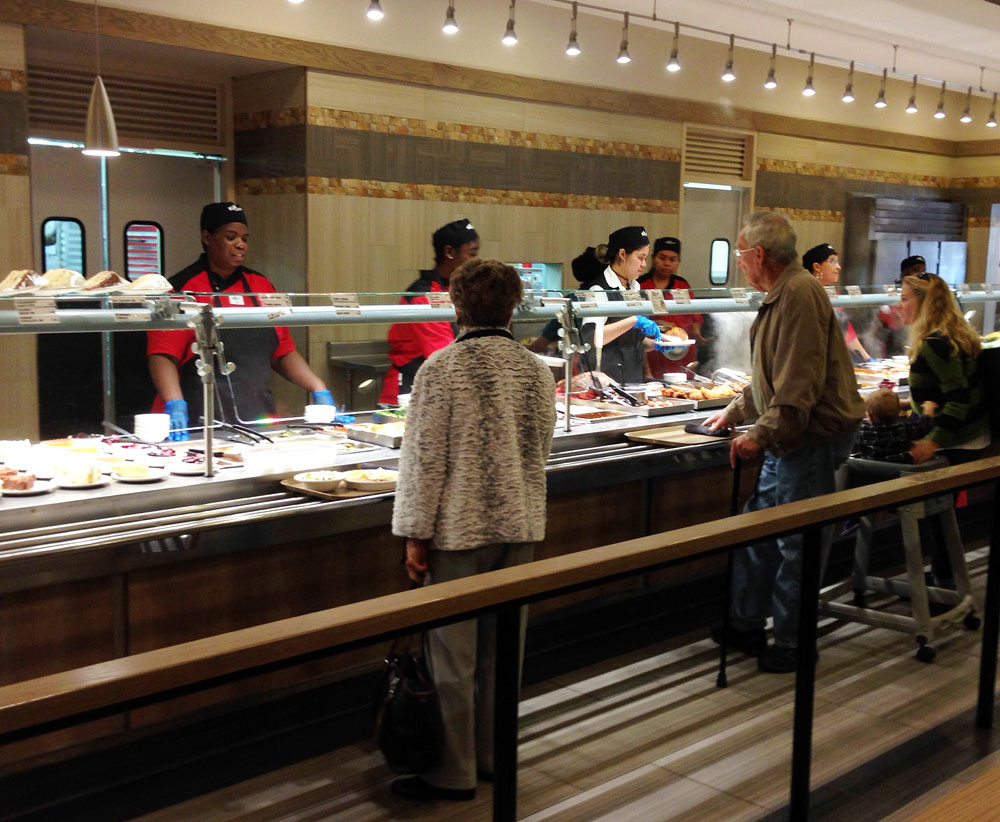
Tribe: On Homecoming and Belonging, by Sebastian Junger, Twelve/Hachette, 2016, 170 pages.
“As modern society reduced the role of community,” writes Sebastian Junger, “it simultaneously elevated the role of authority. The two are uneasy companions, and as one goes up, the other tends to go down.” Anthropologists have found, Junger writes, that in tribal societies there is little tolerance for major wealth disparities or for arbitrary authority. If some male tries to dominate, boss, and denigrate others, then a group of males will get together and take him down, killing him if necessary.
There is a huge irony in this, given the recent American election. Please note that Junger, in this book, does not talk much about contemporary politics, and of course the book was written before the election. But one of the worst social problems in the United States today, along with racism and disinformation, is economic inequality. The electorate’s response to this, totally in denial (thanks to disinformation and racism) about the black president who put the economy back together after white authoritarian males ransacked the economy eight years ago, was to vote for a domineering, bossy, white (OK, orange) billionaire with the emotional maturity of a nine-year-old who constantly denigrates others. What in the world is wrong with a society that would do that? The answer, I would say, is authoritarianism operating inside its bubble of delusion.
What would a tribe be, if we still had them? Your tribe, says Junger, are the people with whom you would share food and depend on for survival if all hell broke loose.
Authoritarian personalities, for some reason, read everything differently from people like me. It takes a village, I would say. No, say the authoritarians, what it takes are walls, lots of guns, scapegoats, a vindictive god who hates the same people we hate, and a big boss who speaks his mind and talks good shit that we can understand.
Junger points out (for example) that about 3 percent of people on unemployment assistance cheat the system, which costs the U.S. about $2 billion a year. Fraud in welfare and other entitlements, he says, adds about $1.5 billion to the annual losses. “Such abuse would be immediately punished in tribal society,” Junger writes.
However, Medicare and Medicaid fraud — fraud committed by hospitals, insurance companies, care providers, etc. — costs at least $100 billion a year, but nobody really knows the full cost. Fraud in the insurance industry, he says, is calculated at $100 to $300 billion a year. Fraud by defense contractors is estimated at about $100 billion a year. Total costs for the 2008 recession (brought to us by white authoritarian males) have been estimated to be as high as $14 trillion.
And yet we have a political culture that remains focused on petty fraud by the poor rather than the outrageous larceny of the rich and powerful. Then the victims of this larceny, who understand that they’re being had but can’t figure out by whom, elect a billionaire for president, who immediately begins to install the princes of larceny in his government while vowing to make life harder still for the poor.
If the two basic ingredients of dynamite are nitrogen and some kind of oil or fat, then the basic ingredients of fascism are authoritarianism and propaganda, lit by the fuse of racism, scapegoating and a religion for white Americans invented in hell.
This is not a proper review of Junger’s Tribe, because I have focused on a single element of this book that just happens to speak directly to our current political situation and that stokes my anger. But this short book belongs on everyone’s required reading list for 2016.
Update: From the Washington Post today, here’s a story that underscores Junger’s point and that illustrates the appalling vileness of Republicans: Fox News wonders whether we should cancel food stamps because 0.09% of spending is fraudulent

